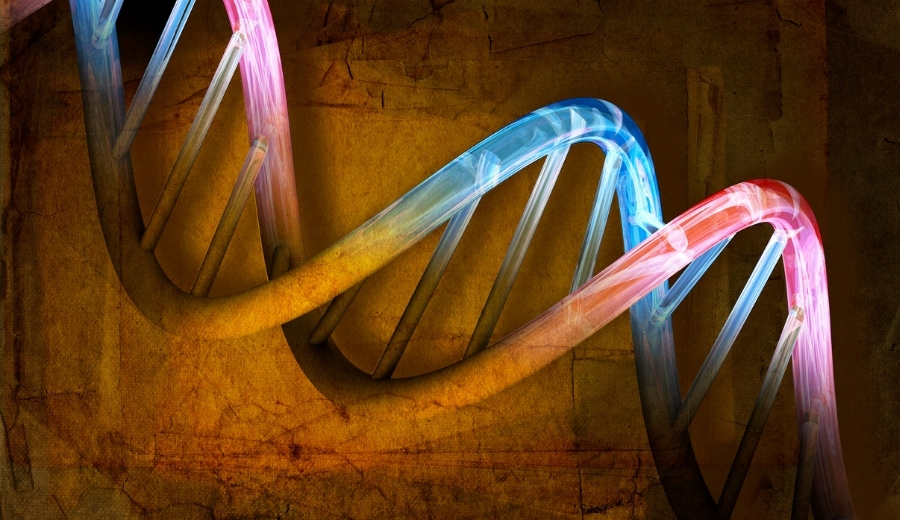Healthcare providers in India are increasingly integrating blockchain technology into genetic testing to safeguard sensitive genetic data. As the country rapidly embraces digital transformation, blockchain offers a strong solution to privacy and security challenges in handling genetic information. Renowned for its robust security features and decentralization, blockchain can address many concerns surrounding data protection. This article examines how blockchain enhances data security in genetic testing and highlights its potential benefits within India’s healthcare landscape.
Enhancing Data Security with Blockchain
Blockchain technology provides a high level of data security through its decentralized structure and cryptographic algorithms. In genetic testing, where data sensitivity is critical, blockchain prevents unauthorized access and tampering of genetic information. Each block in the blockchain contains a timestamp and transaction data, securely linked to the previous block, making it nearly tamper-proof. This design ensures the integrity of genetic data and builds trust in data handling and storage practices.
Moreover, blockchain supports secure, automated, and enforceable smart contracts, which can manage consent in genetic testing. Patients can control who accesses their genetic data and understand the purpose of its use through digital contracts that remain secure and unchangeable once deployed. This approach empowers patients and streamlines data sharing, reducing potential legal and ethical issues.
Blockchain’s Role in Genetic Testing in India
In India, the healthcare sector is rapidly digitalizing, making blockchain increasingly important. The Indian government and private sectors actively explore ways to use blockchain to secure medical data, and genetic testing is a prime candidate for this advancement. Blockchain can address major concerns about data breaches, which are especially harmful in the genetic domain due to the permanent and personal nature of genetic information.
Furthermore, blockchain fosters collaboration among research institutions, hospitals, and biotech companies in India. By enabling secure and transparent sharing of genetic data, it not only accelerates research but also improves the accuracy of genetic analysis and supports personalized healthcare solutions. Consequently, this positions India as a leader in genetic research, leveraging its diverse population for breakthroughs in genetically related diseases.
In addition, applying blockchain to secure genetic testing data in India enhances both security and efficiency, while also increasing the potential for advances in personalized medicine and genetic research. As India modernizes its healthcare infrastructure, adopting technologies like blockchain therefore creates more robust, secure, and patient-centric services. By protecting sensitive information and promoting collaboration, blockchain ultimately becomes a key technology for the future of genetic testing in India and globally.






